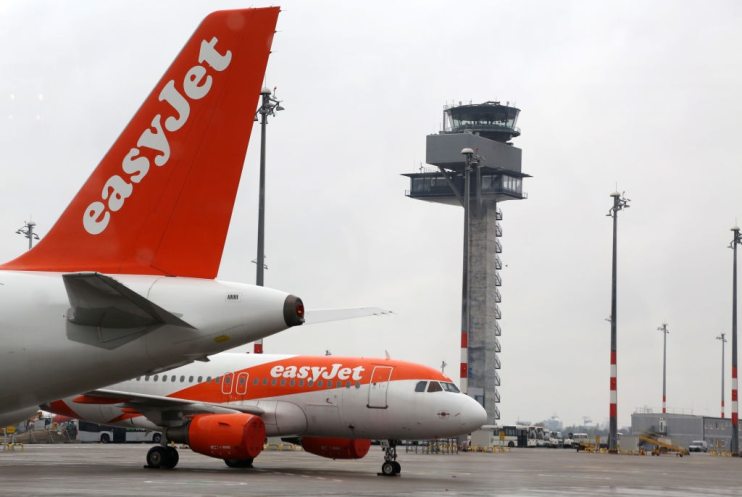Easyjet’s rising cost base could delay long-awaited share price takeoff

Easyjet’s dreams of share price take off, caused by a recent uptick in demand, could be held back by soaring fuel costs and inflation as the airline saw group costs increase to £3.1bn this morning.
The low cost carrier reported a revenue increase of 80 per cent to £2.7bn in its half year results, but took a hit from high jet fuel costs due to soaring energy prices caused by the war in Ukraine.
Group headline costs increased by 52 per cent to £3.1bn which the airline said was “primarily down to an increase in flown capacity, significantly increased fuel costs and industry wide inflationary pressures.”
It saw headline pre-tax losses of £411m, though most airlines make most of their money in the second half of the financial year.
Bookings for the airline were still forecast to be strong, with revenue per seat (RPS) expected to increase by 20 per cent year on year.
The firm’s share price is still yet to recover from the pandemic, when it fell by more than half.
Johan Lundgren, easyJet chief executive, said: “easyJet’s optimised network combined with the strong demand seen for flights and holidays, enhanced revenue capabilities and operational resilience, means we enter the summer with confidence.”
“easyJet holidays expects to deliver full year profits of more than £80 million as it continues its rapid growth in the UK alongside its entry into the European package holiday market. From summer it will start selling holidays in Switzerland which will be the first of a number of planned new European markets.”
The results come on the back of a month of excitement for the aviation industry, as carriers including British Airways owner IAG and Easyjet closed in on pre-pandemic profits on the back of a rise in bookings for summer.
Emma Carr, retail and commercial litigation partner at Gowling WLG, said: “Soaring fuel costs and rising inflation have dented easyJet’s margins, with the business introducing new cost control measures to offset the impact.”
“This is likely to remain an issue going forward and gives more credence to the shift to alternatively fuelled aircraft, such as the hydrogen engine it is trialling. This will prove invaluable in the years ahead as the pressure to reach net zero by 2050 gathers further pace and will reduce one of the airline’s largest operating costs, fuel.”
Victoria Scholar, head of investment at Interactive Investor, however, said “investors have been piling back into the sector amid hopes that inflation clouds will finally start to part, improving consumers” prospects and diminishing cost pressures, adding that ‘shares in EasyJet opened lower but have since turned higher.”
The airline is also planning on launching a new base in Birmingham.
Lundgren added: “All of this progress should result in the acceleration in the delivery of our medium-term targets while we continue to also capture the opportunities ahead. This includes the addition of a new base in the UK, in Birmingham, which will not only provide more choice and connectivity for consumers but also the creation of hundreds of jobs.”